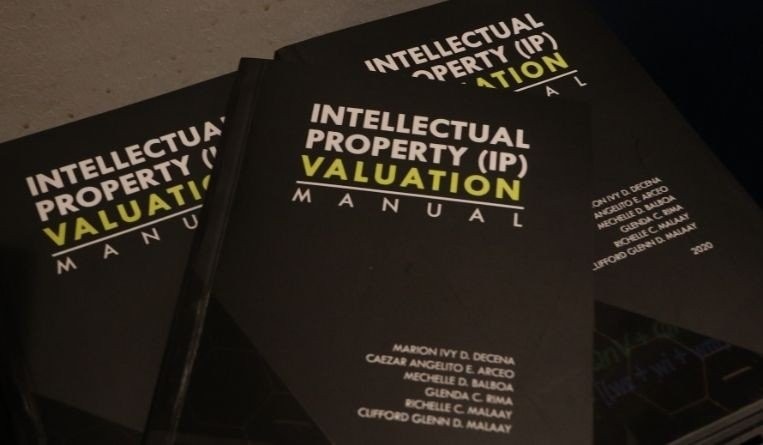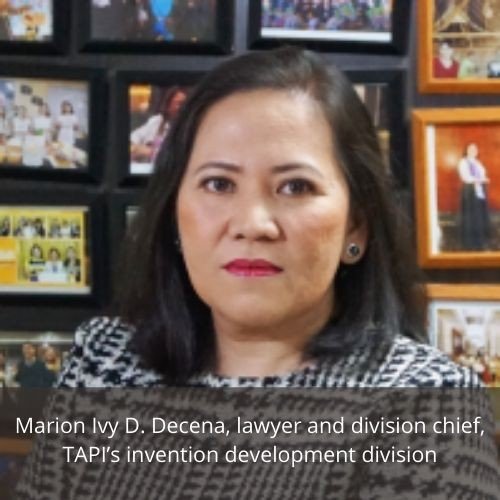IP Valuation Manual to boost IP valuation expertise in the Philippines
20 October 2020
 Image credits: Henry de Leon, Department of Science and Technology – Science and Technology Information Institute, Manila
Image credits: Henry de Leon, Department of Science and Technology – Science and Technology Information Institute, Manila
The Technology Application and Promotion Institute (TAPI) in Manila, an attached agency of the Philippines’ Department of Science and Technology (DOST) has commercially released its Intellectual Property Valuation Manual to boost IP valuation expertise in the country.
The Manual is ideal for researchers, technology transfer and licensing professionals, valuators, business development officers, financial managers, and actors in technology transfer and commercialization as it provides them with knowledge to better conduct and develop their own IP valuation report.

“Research and development institutes such as government agencies and universities, private and public alike, will need to look into the pricing of their respective technologies and our book can serve as instant reference,” said Marion Ivy D. Decena, lawyer and division chief of TAPI’s invention development division. “It can be used for actual negotiations as well as mere educational and research purposes.”
The IP Valuation Manual was originally conceived to aid technology transfer and commercialization activities within the DOST system. The Philippines’ science department is composed of 16 agencies including TAPI, two advisory councils and 13 regional offices. However, TAPI saw the need to make it available to more people outside DOST and its network of partners.
“We realized that the vision of a better science and technology ecosystem will be achieved if the Manual will be widely accessible to all,” Decena, who led the team of writers for the Manual, explained to Asia IP during the book’s launching in January in Manila.
“When we were then Secretariat to the Fairness Opinion Board (FOB) of R.A. No. 10055 otherwise known as the Philippine Technology Transfer Act, majority of the requests for issuance of a Fairness Opinion Report (FOR) were unsuccessful due to failure of parties to provide basis,” she explained.

Under the Philippine Technology Transfer Act of 2009, commercialization of technologies produced from R&D initiatives funded by government must be reviewed by an independent FOB. The Board assesses the fairness of such transaction to the government.
“The FOB usually requires the submission of a valuation report to determine the value of the technology to be commercialized,” said Ma. Gladys C. Vilchez, a partner at Hechanova, Bugay, Vilchez & Andaya-Racadio in Manila and IP consultant to TAPI.
“R&D institutes, government agencies and universities conduct the initial valuation of their IP since hiring experts entails costs that might not be within the institutional budget. In this regard, the authors found that there is no readily available resource, adapted to the Philippine setting, to guide these institutions in conducting an IP valuation that would also help them meet the FOB requirements,” Vilchez said. “To address this need, the authors created the IP Valuation Manual.”
According to Decena, requests for issuance of FORs were largely unsuccessful because in the Philippines, valuation is done using just one methodology. This one methodology, unfortunately, is not universal. Therefore, it fails to reveal the IP’s real value.
The IP Valuation Manual is slated to change this as it introduces other methodologies for IP valuation to help readers negotiate for the transfer and commercialization of their technologies.
The Manual was also written to suit the Philippine context as Vilchez mentioned.
“Our book is very much suitable to the Philippine setting as the hassle of translating foreign theories and practices into usable tools in the country was appropriately addressed,” said Decena.
Additionally, it is a timely reference material for SMEs struggling to survive during this pandemic.
“We’ve seen so much innovation during this pandemic from all sectors and SMEs are not exempted as they also try to navigate and survive during these tough times. The book can serve as an instant resource to help them determine, or at least estimate, how much their innovations can be priced,” said Decena.
Previously, Decena initiated the development of the Freedom to Operate Manual. Said Manual helps technology owners determine whether their technology can be practiced or used in the Philippines or in other jurisdictions without the threat of infringement.
“These two manuals will be helpful to innovative SMEs that wish to commercialize new technologies,” Vilchez added.
Espie Angelica A. de Leon






